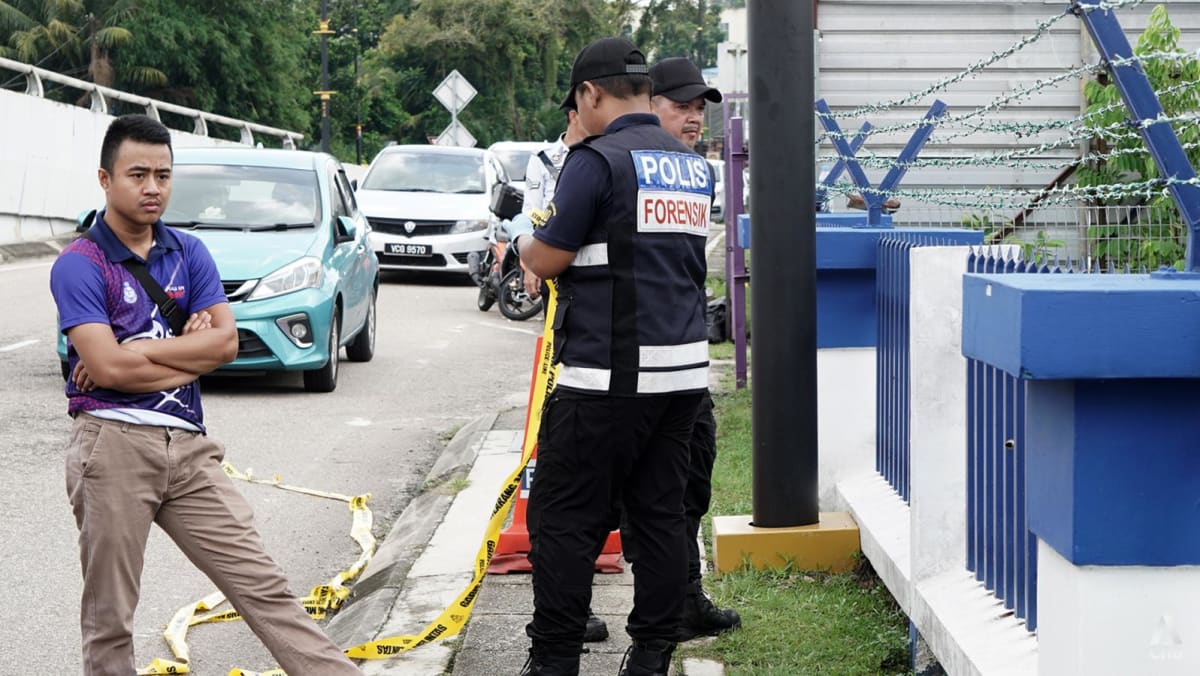Nigeria’s electoral commission, INEC, has finally provided a detailed explanation as to why Nigerians couldn’t view in real-time the result of the presidential elections on the INEC Results Viewing (IReV) during the 25 February presidential elections that was held last year.
INEC provided the explanation in its 526-page 2023 General Elections Report published on its website on Friday.
In the post-election report, INEC concurred that a key challenge that impacted on the public perception of the election “and elicited widespread commentary” was the failure to upload Polling Unit results of the presidential election to IReV in real-time at the close of polls on Saturday 25 February 2023.
“By and large, the glitch experienced in uploading the scanned images of polling unit presidential election result sheets on 25th February 2023 was due to the inherent complexity within the system, which was difficult to anticipate and mitigate,” parts of the report reads.
IReV and a dent on election credibility
Before the elections, INEC repeatedly promised Nigerians that it would upload the election results to the IRev portal in real-time.
While INEC was able to upload the results of the National Assembly elections held on the same day onto IReV, those of the were not until hours later.
When the commission could not deliver on its promise for the presidential elections, Nigerians on social media lashed at the commission and accused it of deliberate attempt to subvert the elections.
The development would go on to be a major dent on INEC’s credibility in last year’s presidential election that was challenged by the candidate of the Peoples Democratic Party (PDP), Atiku Abubakar, and the Labour Party (LP), Peter Obi, who came second and third, respectively.
While delivering judgement on the suits filed by Messers Abubakar and Obi, challenging the election of Bola Tinubu of the APC, whom INEC declared winner of the disputed election, the Supreme Court noted that the malfunctioning of IReV during the presidential election reduced public confidence in the electoral process.
“Truth must be told, the non-functioning of the IReV may have also reduced the confidence of the voting public in the electoral process,” Inyang Okoro, the presiding justice, who read the court’s lead decision, said.
At the time, INEC simply blamed technical challenges as it made to allay fears that the IRev portal was not under any cyber-attack.
Why IReV didn’t work as planned
According to INEC, at the end of voting and counting, polling units’ result sheets are to be scanned with the Bimodal Voter Accreditation System (BVAS) and uploaded directly to the IReV portal.
“These results are then available for viewing to the public and all stakeholders,” it said.
But it did not work as planned during the presidential elections.
But in a section of the report that detailed the challenge with IReV on 25 February, INEC said the challenge was unique to the presidential election and was due to an unforeseen technical challenge arising from the uniqueness of the presidential election.
According to the INEC report, the commission started receiving complaints from Presiding Officers at polling units at about 4 p.m. when voting ended that attempts to upload the result sheets of the presidential elections were failing.
Afterwards, the commission engaged with its field officers for the details of the error in order to trace the origin, source, scale and magnitude.
During the troubleshooting process, the commission said it established that the errors being received by presiding officers originated from within an application due to problems “relating to configuration, permissions, or failure to create or access application resources correctly.”
“Further interrogation of the Election Result Modules indicated that the system is encountering an unexpected configuration problem in mapping the presidential election results uploaded into the system to the participating Polling Units,” the report stated.
The commission stated that in configuring and mapping the election results for the presidential and National Assembly elections, it created 470 election types consisting of one presidential constituency covering the entire country, 109 Senatorial Districts and 360 federal constituencies.
“Each Senatorial District and Federal Constituency election on the database was mapped to their respective States,” it said.
Therefore, during result sheets upload, the backend system of the IReV was able to query and detect the base states for uploading the result sheets “based on the mapping of all Senatorial District and Federal Constituency elections to the respective 36 States of the Federation and the FCT as established in the database structure deployed within the system.”
But since the presidential election result is a single, countrywide constituency and does not belong to any one state, it created an error.
“While the uploads for the National Assembly elections succeeded as the application was able to identify the respective state and build the folder hierarchy for the results organisation process for the election, attempts to upload the presidential election results sheets, which does not belong to or mapped to any state on the database, failed,” the report stated.
“Instead, it returned a HTTP server error response. This failure is attributable to the inability of the application to create and build a folder structure to organise the uploaded images of the result sheets of the presidential election.”
INEC added that it immediately put in place several strict security and audit control measures to prevent any unfettered or elevated access to the Result Upload System due to the complex, sensitive and critical nature of the systems and the real potential for malicious cyberattacks.
INEC said it, therefore, created and deployed “Hotfixes” to resolve the HTTP error on the system “and the first presidential election result sheet was successfully uploaded at 8.55pm on the 25th of February 2023.”
Another challenge
The commission stated that the high volume of uploads already queued up at the backend also resulted in the system running slower.
The report stated that another issue was that the offline queue requires the BVAS devices to be switched-on and connected to the internet for the upload.
But because some of the presiding officers have left their polling units and have switched off the devices, it couldn’t be uploaded automatically.
“The Commission had to reach out to the POs of affected areas to switch on their systems and ensure internet connectivity for the uploads to continue. This accounted for the delay, with some of the results coming in the next day,” it said.
Improvements on IReV
The commission, however, said it has made improvements on the IReV, taken additional steps to build more resilience and undertaken additional checks to ensure the stability and optimal operation and performance of the IReV portal.
It said additional quality assurance checks are now done to complement the end-to-end testing of the entire result upload ecosystem before the conduct of any election.
READ ALSO: Ex-lawmaker demands investigation of INEC over ‘fraudulent’ elections
Glitch didn’t affect election outcome
Meanwhile, the electoral commission maintained that the glitch experienced did not affect the outcome or credibility of the election.
It said political party agents and security personnel were given copies of the polling unit results after they were announced in public and displayed at polling units for scrutiny by voters.
“Therefore, when they were eventually uploaded, it was easy to compare them with the copies displayed at polling units and given to the party agents and party officials,” the report stated.
Qosim Suleiman is a reporter at Premium Times in partnership with Report for the World, which matches local newsrooms with talented emerging journalists to report on under-covered issues around the globe
Support PREMIUM TIMES’ journalism of integrity and credibility
Good journalism costs a lot of money. Yet only good journalism can ensure the possibility of a good society, an accountable democracy, and a transparent government.
For continued free access to the best investigative journalism in the country we ask you to consider making a modest support to this noble endeavour.
By contributing to PREMIUM TIMES, you are helping to sustain a journalism of relevance and ensuring it remains free and available to all.
Donate
TEXT AD: Call Willie – +2348098788999










